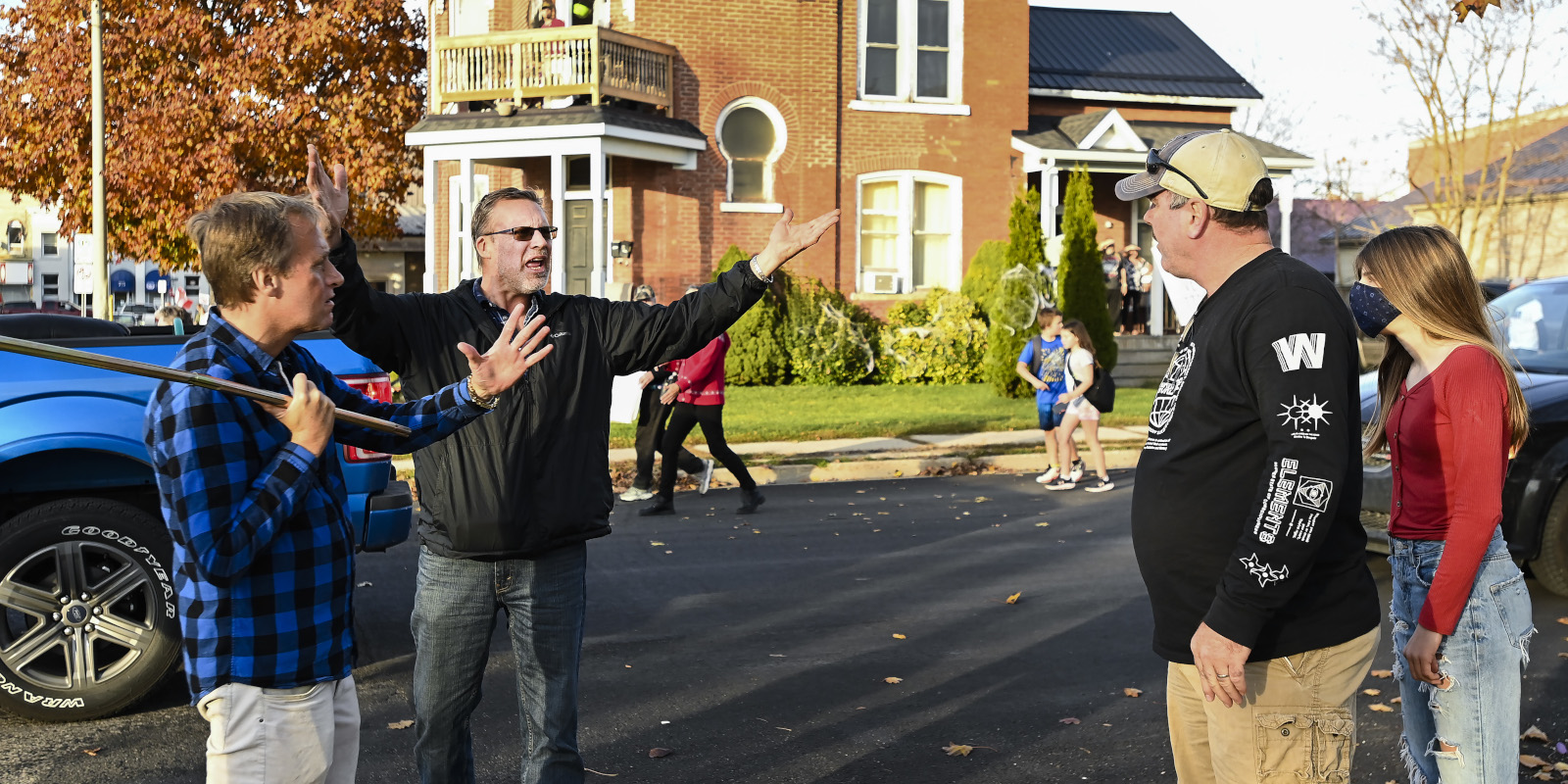“I am very angry about what’s happening in society right now.”
Does that sentence resonate with you? If so, you join a three-quarter majority of your fellow citizens.
According to polling conducted by Public Square and Maru/Blue and exclusively provided to The Hub, 77 percent of Canadians polled either somewhat or strongly agree that they are angry.
Seventy-three percent of respondents strongly agree that “society is coming apart.”
Respect in key societal pillars is likewise teetering. Only 17 percent of respondents polled expressed a great deal of respect for religious institutions, 15 percent for the government, and a mere 12 percent for the media. The percentage of respondents who said they had little or no respect for these same institutions is reported at 45 for religious institutions, 36 for the media, and 30 for the government.
Donald Savoie, who holds the Canada Research Chair in Public Administration and Governance at the Université de Moncton, sees this declining trust in institutions as a troubling trend.
“Is it a cause for concern? Absolutely,” said Savoie.
And while the ongoing Covid-19 pandemic is shaking all kinds of preconceived notions of stability, he does not believe these trends are driven by any one current event. Rather, these negative sentiments have been percolating for decades and are being accelerated in the information age.
“I think this is more worrisome than other periods in Canadian history for several reasons,” he said, “First, because information is shared so easily and so widely. Second, we are facing challenges that we’ve never faced before.”
“We’re living in a period now where it’s not so clear what the role of government is. And it’s becoming obvious to many that the government is not working nearly as well as it used to, or as well as it should be. And so this period is showing flaws in our institutions that we had never seen before, because we didn’t have the circumstances to expose them before.”
Exposed they have been. According to this data, 44 percent of Canadians say they hate politics. Nearly a quarter of Canadians believe that democracy is not functional for them, with 12 percent believing that “Democracy isn’t really working for people like me”, and 10 percent believing that “Democracy is broken and isn’t working at all for people like me”.
Among peple who say that “democracy is not working at all for people like me”, there is a stark breakdown by party: a mere one per cent of Liberals agree with this statement, while 12 percent of Conservative and NDP voters agree. Another 28 percent of respondents who agree claim not to vote at all.
A solution to this distrust is difficult to find in the Canadian context, given the current incentives built into the structures of our system, said Savoie. Only the prime minister can modernize the country and give voice to Western and Atlantic Canada, he said.
“Now, the question is, is the prime minister willing to do that? When you sit in the prime minister’s office you understand that you have a lot of power, but you don’t think that you have too much power. And so why would you give away some of the powers that you have? No prime minister in history has said, geez, I have got too much power, I have got to get rid of some. So that’s where we are.”
Heather Bastedo, President of Public Square Research and the head of the team that conducted these surveys and compiled this data, offers a similar diagnosis. “I think the breakdown in trust in institutions has been coming for a long time,” she said.
If you’re a CEO of a public company, and you don’t change, then you’re in trouble. But if you’re a party leader in Canada, and you change radically, you run the risk of losing your job.
Heather Bastedo
Bastedo said people look to institutions for competency and responsiveness, but it’s getting hard and harder to find. “On the whole, one of the things that’s driving these numbers would be the fact that people have been displeased for so long, and yet the institutional structures remain constant,” said Bastedo.
That’s because there simply is too much risk to any particular political office holders to introduce the reforms necessary to rebuild that trust in our democratic institutions.
“The difficulty we run into is that if you’re a CEO of a public company, and you don’t change, then you’re in trouble,” she said. “But if you’re a party leader in Canada, and you change radically, you run the risk of losing your job. So the institutions don’t change.”
Yuval Levin, American commentator and author of A Time To Build, writes that a key problem is we have elevated ourselves and our own causes above our given roles within the institutions we are a part of. Institutions are used as a “stage from which to be seen and heard” rather than letting the “distinct integrities and purposes of these institutions shape us”. Restoring these roles within institutions is a prerequisite to restoring the institutions themselves, he writes.
And if we don’t? Looking at the whole of Public Square Research’s survey data, Bastedo sees much at stake: “I’m concerned, I have to say, that in this time of crisis we’ll be willing to let go of central tenets of democracy.”
Recommended for You

Ginny Roth: J.D. Vance, Pierre Poilievre, and how they slice their economic pie

David Polansky: As President Biden leaves the race, will the Democratic Party hodgepodge hold?

Peter Menzies: The mainstream media should love Doug Ford, now that he’s subsidizing them

Geoff Russ: A future Conservative government must fight the culture war, not stand idly by



